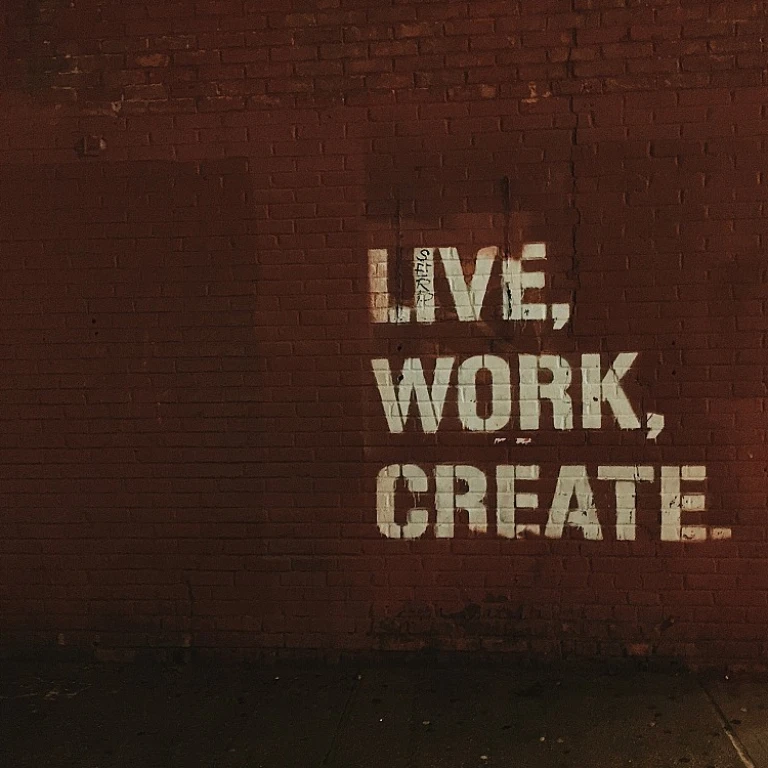
Understanding Background Checks
Demystifying the Background Check Process
When discussing background checks, it is important to know that they have become an integral part of the hiring process for employers. These checks can vary significantly depending on factors such as the employer’s policies, the specific job, and regional legal requirements. Understanding what a background check can reveal can be crucial both for job applicants and hiring managers.
Background checks typically delve into various elements of a person's history. They might include aspects like criminal records, driving history, and even credit reports. The level of depth can depend on whether the job involves sensitive material or positions of trust, which could influence the hiring decision process.
The areas that an employer might scrutinize can include:
- Criminal records: These checks can reveal any criminal history, including previous criminal charges, pending criminal charges, and convictions. It’s crucial for applicants to be aware, as pending charges can indeed appear in a background check.
- Educational verification: Employers want to ensure that the educational credentials provided by the job seeker align with the requirements of the position.
- Employment history: Background checks sometimes contain a verification of previous employment, providing a clear picture of the applicant’s past employment background.
Legal safeguards are in place to ensure fairness and accuracy in these checks, with laws varying from state to state. It's also vital to consider tools like the ban the box movement, which influences how and when an employer can inquire about criminal history.
Understanding what a background check can reveal is the first step to navigating this essential component of the hiring process. For those looking to dig deeper into the latest trends, exploring advancements like fingerprint background checks could offer valuable insights.
Pending Charges: What Are They?
The Nature of Unresolved Legal Matters
Pending charges refer to unresolved legal situations where an individual has been accused of a criminal offense. At this stage, the person has not been convicted or acquitted, which means the outcome is still undecided. This aspect of a person's criminal record might show up in background checks, influencing decisions made by employers when considering candidates for a job or a promotion.
In many jurisdictions, pending charges are still considered part of one's criminal history. These charges can arise from a variety of offenses, ranging from minor infractions to criminal charges of a more severe nature. It's essential to understand how such pending criminal charges can affect one's employment opportunities by potentially appearing on a background check. Employers may use this information as part of their hiring decisions, which is particularly significant in sectors that require high levels of trust and security.
Legal considerations come into play when it comes to how these charges appear. Depending on the state and its specific laws, pending charges may or may not be included in a standard employment background check. In some areas, certain protections such as the "ban the box" legislation help job seekers by preventing potential employers from inquiring about criminal records until later in the hiring process.
While the presence of pending charges in a check is not an automatic disqualifier for employment, it can lead to additional scrutiny and potentially influence an employer's decision. This underscores the importance for individuals to be aware of their criminal background and proactively address any unresolved issues.
For individuals navigating employment with such charges, understanding the impact of pending charges on job prospects can provide valuable insights into preparing for challenging conversations with potential employers.
Legal Considerations in Background Checks
Understanding the Legal Framework of Background Checks
When conducting a background check, understanding the legal landscape is crucial for both employers and job seekers. In the United States, the process is governed by a combination of federal, state, and local laws that dictate how background information is gathered, used, and maintained. These laws are in place to ensure that background checks are conducted fairly and that the rights of individuals are protected. ### Federal Regulations At the federal level, the Fair Credit Reporting Act (FCRA) sets the guidelines for employment background checks. It requires employers to obtain consent from job applicants before conducting a background check and to inform them if any adverse action is taken based on the information from the report. This ensures transparency in the hiring process and allows individuals to dispute inaccuracies in their criminal records if necessary. ### State and Local Laws State and local laws can vary, influencing how background checks are carried out. Some states have adopted "ban the box" laws, which prohibit employers from asking about criminal history on job applications. These laws aim to prevent discrimination against individuals with criminal records and allow them to be considered based on their skills and qualifications. Additionally, each state has its own set of rules regarding what types of criminal charges appear in background checks, including pending charges. ### County-Level Variations At the county level, the availability and reporting of criminal records can vary significantly. Some counties may show detailed criminal history, including pending charges, whereas others might not. This difference is due to the varied ways in which court records are stored and accessed by background check companies. ### Compliance and Consequences Employers conducting background checks must comply with all relevant legal standards to avoid potential legal ramifications. Failure to adhere to these regulations can result in litigation, fines, and damage to the organization's reputation. Employers are encouraged to stay informed about current legal and regulatory requirements to ensure their hiring decisions are fair and legally compliant. Navigating the complexities of laws surrounding background checks is essential for both parties involved in the hiring process. Understanding these legal considerations not only helps employers make informed hiring decisions but also safeguards job applicants from discrimination based on incomplete or misunderstood criminal records.How Pending Charges Appear in Background Checks
Revealing Pending Cases in Background Reviews
Understanding how pending criminal charges surface in background checks is crucial for both employers and job seekers. Background checks typically involve searching through various records, including criminal records, at multiple jurisdictional levels such as county, state, and federal courts. When a background check is conducted, whether for employment or other purposes, the criminal background information pulled can show pending charges if they are recorded in the databases accessed by the screening company. Some important points to consider include:- Variability Across Jurisdictions: The presence of pending charges in criminal records might vary from county to state, depending on legal regulations and database updates.
- Types of Charges That Appear: Charges such as a pending criminal charge may appear differently based on their severity and the jurisdiction involved. Misdemeanors or more severe charges like felonies are more likely to show.
- Updates to Records: Because records can be in flux, especially in cases of pending charges, there may be time lags in updates. Therefore, recent changes might not be immediately reflected.
Impact of Pending Charges on Employment
The Professional Impacts of Pending Criminal Charges
The presence of pending criminal charges in a background check can significantly influence hiring decisions. Employers, in their pursuit of maintaining a safe and trustworthy workspace, are naturally inclined to consider the implications of a candidate's criminal history, including any pending matters. Hiring decisions may be affected by how pending charges appear during checks. While no one wants to be prematurely judged, from a legal standpoint, hiring managers may see pending charges as potential risks, especially if the charges are related to the responsibilities of the job under consideration.- Risk assessment: Employers often conduct risk assessments as part of their background check process. Pending charges may raise questions about a candidate's reliability and integrity.
- Nature of the charge: The specific nature of the pending criminal charge can heavily impact hiring decisions. For instance, an individual applying for a finance job may face more scrutiny if the pending charge relates to fraud or theft.
- Legal obligations and guidelines: Employers must navigate the legal obligations within their state or county. Some states have "ban the box" laws preventing questions about a criminal history on initial applications, pushing employers to make determinations based on qualifications first before delving into background checks.
Best Practices for Employers and Job Seekers
Tips for Navigating Background Checks with Pending Charges
Both employers and job seekers need to be well-informed when it comes to background checks, especially when pending charges are involved. Understanding the implications and legal framework surrounding these aspects can aid in making informed decisions.
- Employers: It's essential to follow ban-the-box laws which restrict when criminal history questions can be asked during the hiring process. Employers should be familiar with the regulations in their state and county to ensure compliance.
- Understand the Legal Framework: Know how pending charges can appear in a background check and how these charges might impact hiring decisions. Familiarizing yourself with the legal considerations involved in background checks can provide a clearer perspective on how criminal records are displayed.
- Use a Comprehensive Screening Process: Implementing thorough criminal background checks while maintaining compliance with legal guidelines can help employers assess a candidate's history accurately. This approach will mitigate potential risks and make hiring decisions more reliable.
- Job Seekers: It's important for job seekers to be aware of their own criminal records, including any pending criminal charges. Understanding your criminal history is crucial when preparing for interviews and addressing any potential concerns proactively.
- Negotiation and Communication: If a pending charge is likely to appear in a background check, it's beneficial for job seekers to address it directly with potential employers. Honest communication can foster trust and potentially mitigate negative perceptions.
- Legal Assistance: Consider seeking advice from a criminal defense attorney if uncertain about how pending charges might affect employment opportunities. Legal resources can provide clarity on how court procedures and legal protections apply.
- Stay Updated: Regularly check for updates on employment background processes and laws in your area as they can frequently change, affecting both background check outcomes and employment opportunities.
Adopting these practices can help manage the complexities associated with background checks and pending charges, ultimately facilitating a fairer hiring process for all parties involved.













